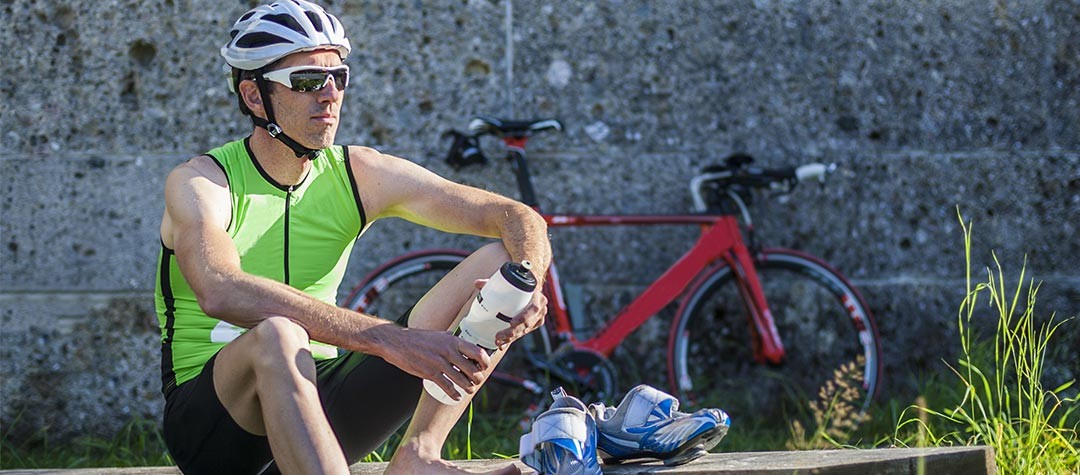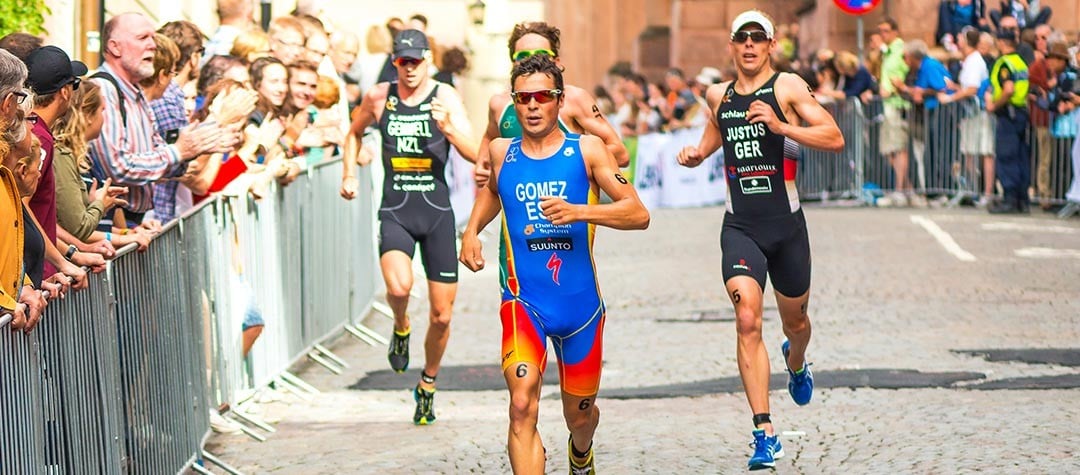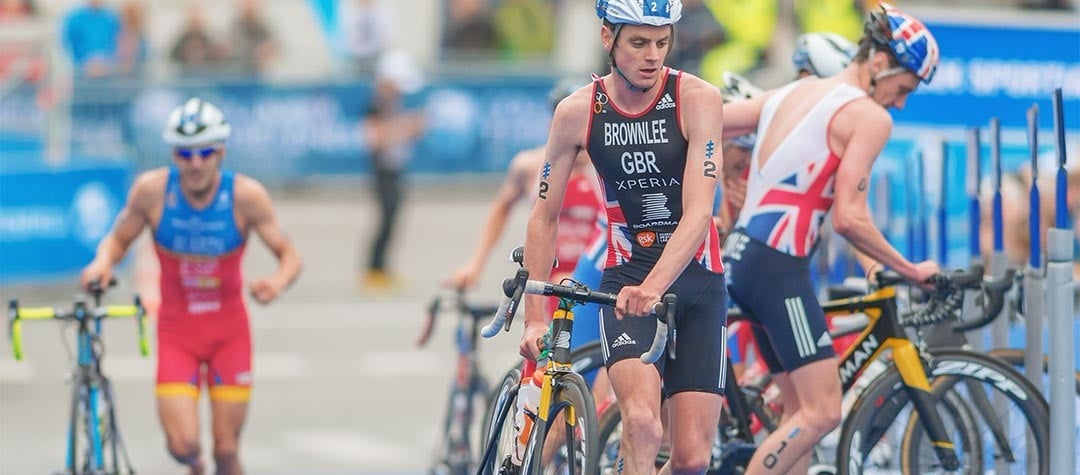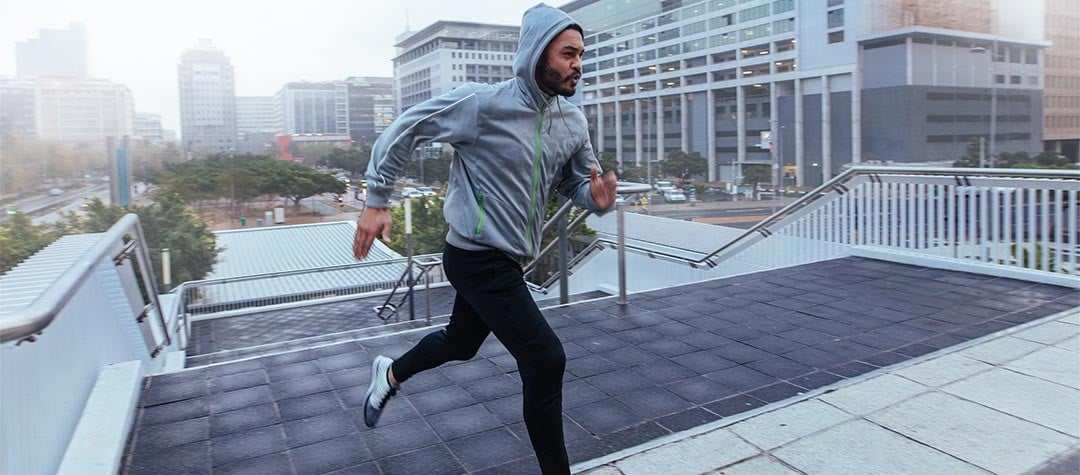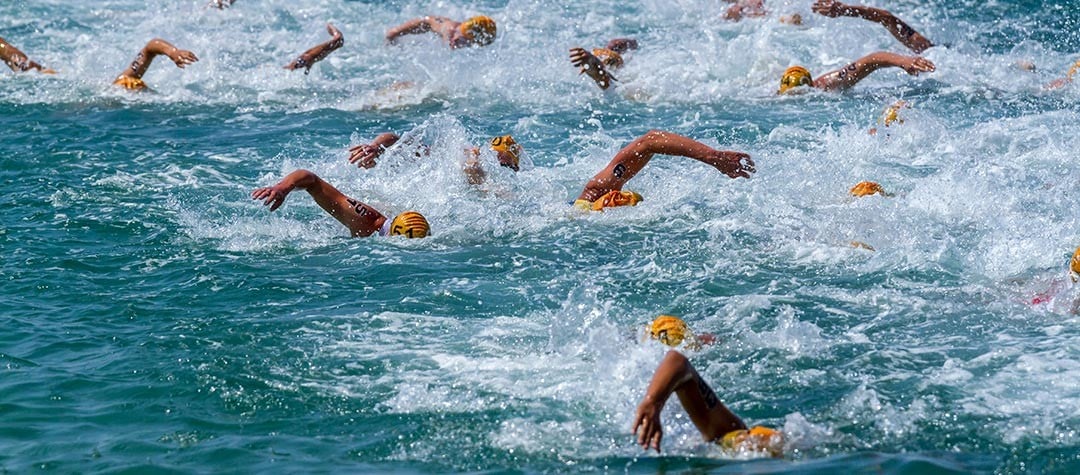Struggling to balance your triathlon training with your everyday life? Will Clarke provides some tips to help get the balance right.
When I look back to the time where I was just fresh out of University, I was married and my wife travelled with me almost everywhere, we had a dog but could pass her onto our parents. Life was very easy! I worked hard for sure in my training but really I had nothing to balance. I had all the time in the world to train as much as I needed and rest afterwards.
Fast forward a bunch of years and life is a different story with the inclusion of my son! I have to be very regimented in order to get the training I need in, the rest and family time as well. For your amateur athlete balancing a full time job in the mix, it’s another level on from the level of difficulty that I face, so my full respect goes to anyone who can hold together a high level at triathlon on top of all that.
That balance is so important if you want to reach your triathlon goals. Everyone has to work hard, you have to have your family on board, and frankly if you want to be good at triathlon as well then you’ve not got many hours left if you’re taking your rest seriously, which is a very important component too.
Get organised
My first tip is to be as organised as you can and try to not to waste any time. Make a plan for the days, weeks and months ahead and stick to it. You will need really strong time management skills to fit in everything you need to do.
Start early and use your commute
Usually you can get everything done if you start early, take lunch time runs, perhaps using your commute to work and back. If this is not possible, then evening sessions, once the kids are in bed are going to have to be the way to go.
Ride at weekends
The weekends are always the time to get in the long rides, often several hours in the saddle. Riding in the evening in the summer months when its is lighter for longer is of course a possibility, but during the week it’s best to focus on your swimming and running.
Sleep well
Of course at the end of the day you’ll be tired so try to get adequate sleep and be disciplined on what time you are going to bed during the week and also watch out for accumulative fatigue for example late nights at the weekend making you tired for the week ahead.
Make your sessions count
It’s also important to make the training sessions you do count. Try to make sure that every session you do has a purpose and you know what benefit this is giving you so you’re not treading water and randomly 'exercising’.
If you are only able to train around 7-10hrs a week then it makes no sense really in taking recovery sessions and easy weeks as it’s unlikely that you’re doing enough to warrant that rest. In fact, the likelihood is that if you’re not training a lot you need to train more intensively. Time trialists can get away with very low volume, but instead they train very, very intensively.
Family support is key
Finally it’s very important to get your family on board with what you want to achieve. You won’t be able to do it without their support and unless you can communicate and motivate them with what you want to do and give them a start date and an end goal, then it’ll be hard for them to see the light at the end of the tunnel.
Triathlon will certainly impact their life as well and it’s important that you can give back. I always try to factor in my family whenever I can to keep them on side with me. We often travel to training camps together and I try to go to races in places where they can also enjoy themselves.

